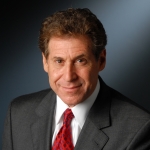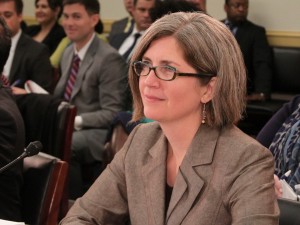Assistant Inspector General Testifies before Congress
Ann Maxwell, the Assistant Inspector General for Evaluation and Inspections, recently testified before Congress. She argued that the Centers for Medicare and Medicaid Services (CMS) had not exercised “sufficient oversight of plan sponsors,” and “needed to strengthen its controls” in order to prevent payments for drugs “to providers excluded from Federal health care programs.” She further explained that “it is important that claims for drugs prescribed by excluded providers be denied to protect beneficiaries from inappropriate or even harmful services.” Maxwell appeared to lay much of the responsibility on CMS noting that the “OIG found that controls failed to prevent Part D payments for drugs prescribed by excluded providers,” resulting in exclusion violations. Also, she noted CMS lacked a “claims processing edit” that would reject prescriptions written by excluded providers.
Impact of Exclusion Violations on Medicare Part D
Maxwell’s testimony coincided with the release of an OIG Portfolio “Ensuring the Integrity of Medicare Part D,” OEI-03-15-0018. Though the portfolio also focused on other Part D program integrity and exclusion issues, OIG Exclusion Violations played a major role in both the testimony and the portfolio. Ms. Maxwell, echoing a finding in the portfolio, referenced two previous OIG studies dealing with this issue. In one study, the OIG found that plan sponsors paid “gross drug costs totaling $15 million over a 3-year period for prescriptions written by excluded providers.” (“Review of Excluded Providers in the Medicare Part D Program A-07-10-06004,” click here to read).
The OIG concluded that CMS failed to have adequate controls over either the payment process or its plan sponsors. Also, they concluded that the plan sponsors lacked proper controls over their payments. In order to reduce this fraud and abuse, the OIG recommended that CMS strengthen its controls in all areas in order to prevent payments to excluded providers to gain better accountability from program sponsors and to reduce risk to beneficiaries.
Final Thoughts
This appears to be another step forward since we have been chronicling the increasing interest and involvement of the OIG in the enforcement of exclusion regulations and exclusion violations. We have previously noted, for instance, the relatively new interest of the Office of Evaluations and Inspections in exclusion enforcement. So, it is not surprising that Maxwell testified on the issue or that her section is credited with having prepared the portfolio.
As always, readers must maintain caution and compliance. Also, be sure to screen your employees, vendors and contractors!
Click to know more about OIG Exclusion

Paul Weidenfeld, Co-Founder and CEO of Exclusion Screening, LLC, is the author of this article. He is a longtime health care lawyer whose practice has focused on False Claims Act cases and health care fraud matters generally. Contact Paul should you have any questions at: pweidenfeld@exclusionscreening.com or 1-800-294-0952.
